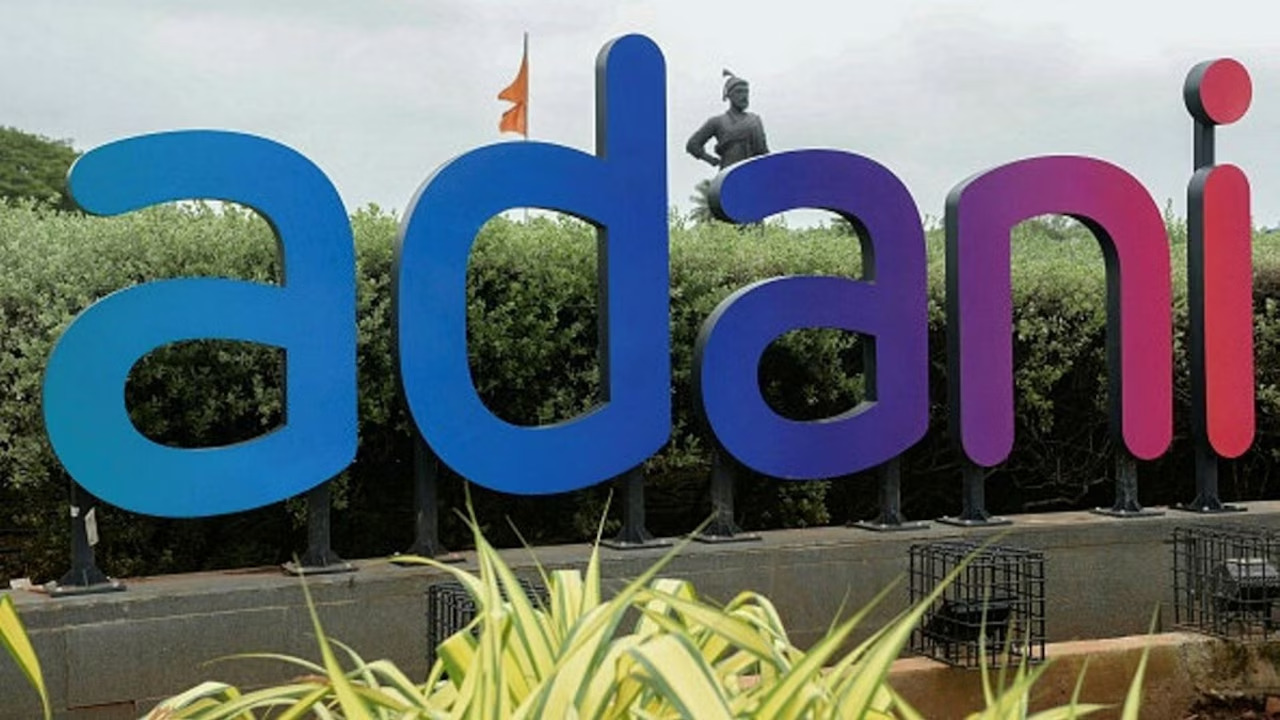New York, USA – In a significant escalation of its investigation into the Adani Group, the US Securities and Exchange Commission (SEC) has formally requested assistance from Indian authorities. The
All posts tagged in Adani Group
4Articles
Adani Wilmar, a prominent player in India’s FMCG sector, witnessed a significant downturn in its share value today. This decline is attributed to the announcement of an Offer For Sale
Detailed Analysis: Adani Wilmar, a prominent name in the Indian Fast-Moving Consumer Goods (FMCG) sector, witnessed a significant drop in its share price recently. This downturn followed the announcement that
Imagine a company so big it touches almost every aspect of your daily life in India. From the electricity that lights your home to the food you cook, the ports









